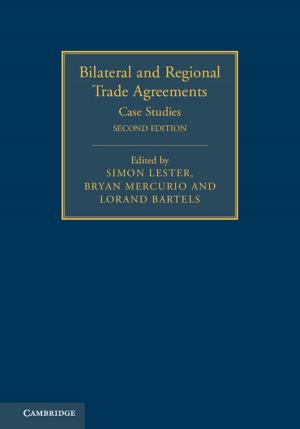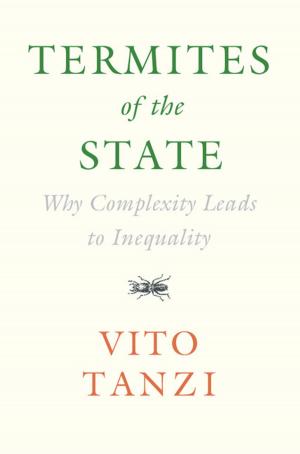Influence from Abroad
Foreign Voices, the Media, and U.S. Public Opinion
Nonfiction, Social & Cultural Studies, Political Science, International, International Relations, Social Science| Author: | Danny Hayes, Matt Guardino | ISBN: | 9781107358096 |
| Publisher: | Cambridge University Press | Publication: | April 22, 2013 |
| Imprint: | Cambridge University Press | Language: | English |
| Author: | Danny Hayes, Matt Guardino |
| ISBN: | 9781107358096 |
| Publisher: | Cambridge University Press |
| Publication: | April 22, 2013 |
| Imprint: | Cambridge University Press |
| Language: | English |
In Influence from Abroad, Danny Hayes and Matt Guardino show that United States public opinion about American foreign policy can be shaped by foreign leaders and representatives of international organizations. By studying news coverage, elite debate, and public opinion prior to the Iraq War, the authors demonstrate that US media outlets aired and published a significant amount of opposition to the invasion from official sources abroad, including British, French, and United Nations representatives. In turn, these foreign voices - to which millions of Americans were exposed - drove many Democrats and independents to signal opposition to the war, even as domestic elites supported it. Contrary to conventional wisdom that Americans care little about the views of foreigners, this book shows that international officials can alter domestic public opinion, but only when the media deem them newsworthy. Their conclusions raise significant questions about the democratic quality of United States foreign policy debates.
In Influence from Abroad, Danny Hayes and Matt Guardino show that United States public opinion about American foreign policy can be shaped by foreign leaders and representatives of international organizations. By studying news coverage, elite debate, and public opinion prior to the Iraq War, the authors demonstrate that US media outlets aired and published a significant amount of opposition to the invasion from official sources abroad, including British, French, and United Nations representatives. In turn, these foreign voices - to which millions of Americans were exposed - drove many Democrats and independents to signal opposition to the war, even as domestic elites supported it. Contrary to conventional wisdom that Americans care little about the views of foreigners, this book shows that international officials can alter domestic public opinion, but only when the media deem them newsworthy. Their conclusions raise significant questions about the democratic quality of United States foreign policy debates.















